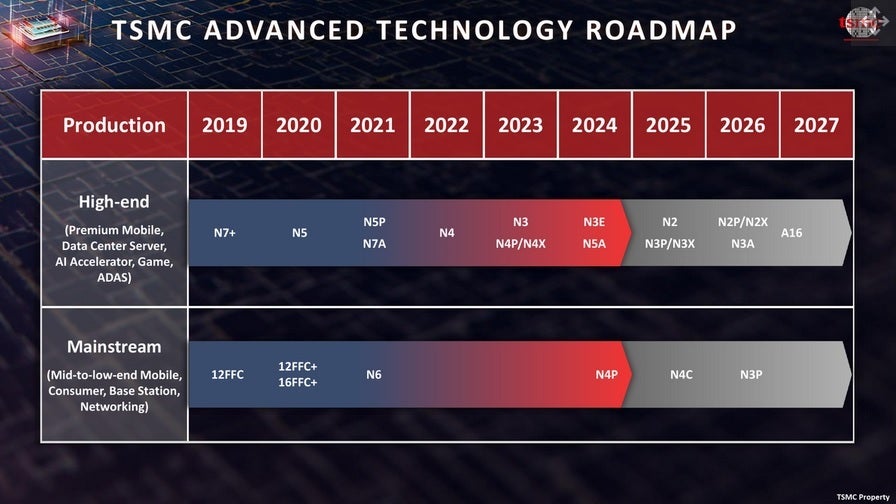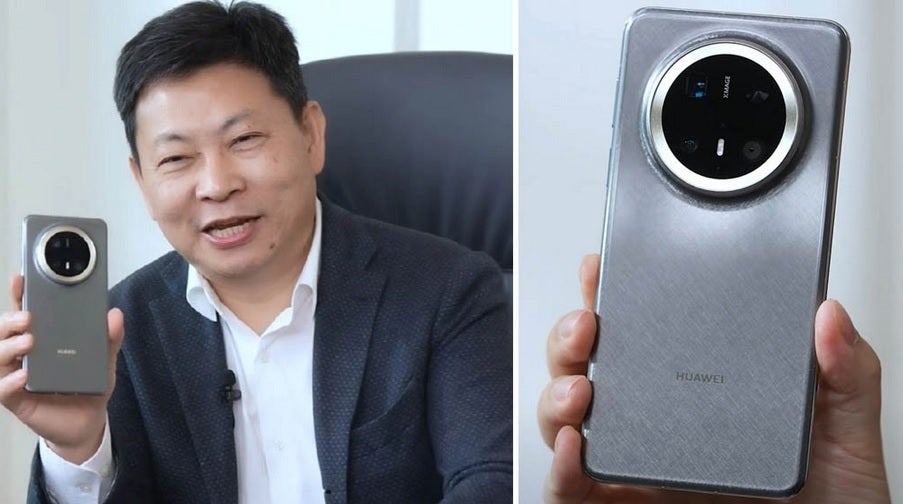A 3-D hologram, dubbed the Ever-Changing Statue, will be on display at the Rise by Barclays workspace until April 4.
Sipping wine and nibbling burrata, a group of government officials, reporters, and founders gathered at its unveiling, watching as the hologram flickered a display that alternated through images of some of the UK’s top unicorn founders like Tessa Clarke, the co-founder of food waste startup Olio, and Alexander and Oliver Kent-Braham, founders of insurance startup Marshmellow.
The display celebrated the UK as the third $1 trillion tech economy, preceded only by the U.S. and China.
While Brexit has had its economic impacts, UK officials want American VCs to know that since 2020, its tech ecosystem has seen healthy development. Dealroom data shows that UK startups raised $31 billion in venture capital in 2022 and $41 billion in 2021. Last year, the UK raised $21 billion in venture capital — though that is a dip, with the market retraction in mind, it is still more than what France and Germany raised combined. It’s also still more than the $18 billion the UK raised in 2019 and the $12 billion raised in 2018.
It seems that even Black founders, a group historically struggling to secure funding, are seeing progress. Between 2009 and 2019, only 38 UK Black founders raised venture capital funding—that number now stands at 80, according to an updated report by Extend Ventures.
The UK says it’s home to more than 160 unicorns and 12 decacorns (companies worth more than $10 billion). Fintech is a particularly stand-out area, including Monzo, Revolut, and Wise. With the rise of Deepmind and Benevolent AI, it’s also becoming the hub for artificial intelligence. And there was more than a little hushed pride from those at the event that it’s also the home of OnlyFans.
The hologram—and the British government officials—are selling potential as the main draw to the UK, a sales pitch clearly designed to boost a sluggish economy.
The hologram featured some of the top founders and CEOs in the UK.
Although talent from other European countries might have slowed in the UK, there is still an influx of immigration from other countries, meaning an inrush of ideas, hires, and, once again, potential. Other cities in the country have also flourished, such as Manchester and Cambridge.
Rodney Appiah, the co-founder of the UK-based venture firm Cornerstone Ventures, spoke to TechCrunch about some of the holes that are waiting to be filled in the UK. He said there is room for more funds and accelerator programs, alongside a desire to have more senior talent that can help companies move from early stage to growth.
Paul Taylor, the CEO of Thought Machine and one of the people depicted on the hologram, echoed the need for more venture funds dedicated to the region, saying that UK companies typically have to obtain foreign investors when they grow.
“The UK tech ecosystem has made significant strides, but work remains to reach the scale and influence of Silicon Valley,” Taylor told TechCrunch.
At the same time, Appiah said the ecosystem is dealing with the rise of more emerging managers, micro funds, and, finally, access to more risk capital. “We are also seeing more VC involvement from cash-rich [corporations] and institutional investors seeking to diversify.”
Having the hologram in New York is clearly an attempt to grab the attention of American startups and investors. A 2023 report by HSBC Innovation Banking — previously SVB — showed that US investors were the largest source of funding for British startups last year. The Times reported that more American tech entrepreneurs are buying up real estate in London, while NEA, Bessemer, and a16z have all opened offices there in the past few years.
On the other hand, not all investors have faired well with their attempts to invest out of London. Two high-profile investors, Omers and Coatue, recently significantly downgraded or shut down their European outpost operations based in London.
However, perhaps the biggest draw for Americans is that the British seem willing to work with investors and founders to shape the tech ecosystem. In fact, friendly regulation was one reason a16z opened its crypto office in London, as the US was looking to impose regulations on the industry.
Prime Minister Rishi Sunak — who created the Unicorn Kingdom initiative — unveiled a plan last year to invest £370 million (around $468 million) to support the country’s tech ambitions. Last summer, the British government announced an agreement with the country’s nine largest pension funds to start investing assets in startups, a move the government predicted could unlock £50 billion in capital if the rest of the pension industry decided to invest in startups, too.
It’s no wonder, then, that the hologram, sparkling in red, white, and blue, was sold as a sign of the future. “Creating a two-way road between the USA and UK is a win for both countries,” Clarke said.
The statue, created by the British company HYPERVSN, will be displayed at the workspace Rise, created by Barclays in New York, until April 4th.




